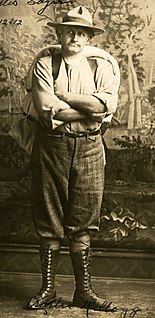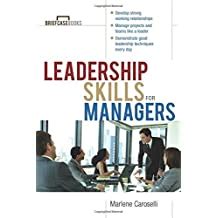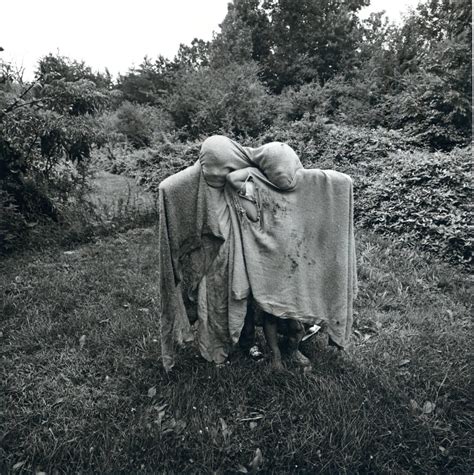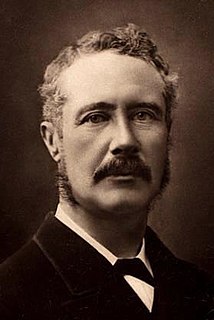A Quote by Alexandre Dumas
It is the infirmity of our nature always to believe ourselves much more unhappy than those who groan by our sides!
Related Quotes
I believe that around us there is only one word on all sides, one immense word which reveals our solitude and extinguishes our radiance: Nothing! I believe that that word does not point to our insignificance or our unhappiness, but on the contrary to our fulfillment and our divinity, since everything is in ourselves.
Too much apparatus, designed to guide us in experiments and to supplement the exactness of our senses, makes us neglect to use those senses...The more ingenious our apparatus, the coarser and more unskillful are our senses. We surround ourselves with tools and fail to use those which nature has provided every one of us.
Nature has endowed the earth with glorious wonders and vast resources that we may use for our own ends. Regardless of our tastes or our way of living, there are none that present more variations to tax our imagination than the soil, and certainly none so important to our ancestors, to ourselves, and to our children.
There is no doubt about it: we are judged by our language as much as (perhaps more than) we are judged by our appearance, our choice of associates, our behavior. Language communicates so much more than ideas; it reveals our intelligence, our knowledge of a topic, our creativity, our ability to think, our self-confidence, et cetera.
Power is a central issue in social and personal transformation. Our sources and uses of power set our boundaries, give form to our relationships, even determine how much we let ourselves liberate and express aspects of the self. More than party registration, more than our purported philosophy or ideology, personal power defines our politics.
Of course, this is one of the really important things about art, that you can make more than you can understand at the moment the thing is being made. But the gap between what we recognize inside ourselves - our feelings- and our ability to trust ourselves and to trust exposing ourselves to those ideas, can be great.
Our business in life is not to get ahead of others but to get ahead of ourselves; to break our own records; to outstrip our yesterdays by our todays; to bear our trials more beautifully than we ever dreamed we could; to give as we never have given; to do our work with more force and a finer finish than ever. This is the true idea: to get ahead of ourselves.
The Church will always be renewed when our attention shifts from ourselves to those who need our care. The blessing of Jesus always comes to us through the poor. The most remarkable experience of those who work with the poor is that, in the end, the poor give more than they receive. They give food to us.
I have learned to prize holy ignorance more highly than religious certainty and to seek companions who have arrived at the same place. We are a motley crew, distinguished not only by our inability to explain ourselves to those who are more certain of their beliefs than we are but in many cases by our distance from the centers of our faith communities as well.
I humbly believe our life is to learn our nothingness and His being everything; when we agree with Him that we are nothing and not astonished at our evil nature breaking forth, when we are willing for the last to be first, when we are willing to be the least in Heaven that every one we know should be higher than ourselves, then, I think, our lesson is learnt. If we are annoyed at any disparaging remark or conduct of our fellows, it is because we are not yet fully aware of our being nothing.





































